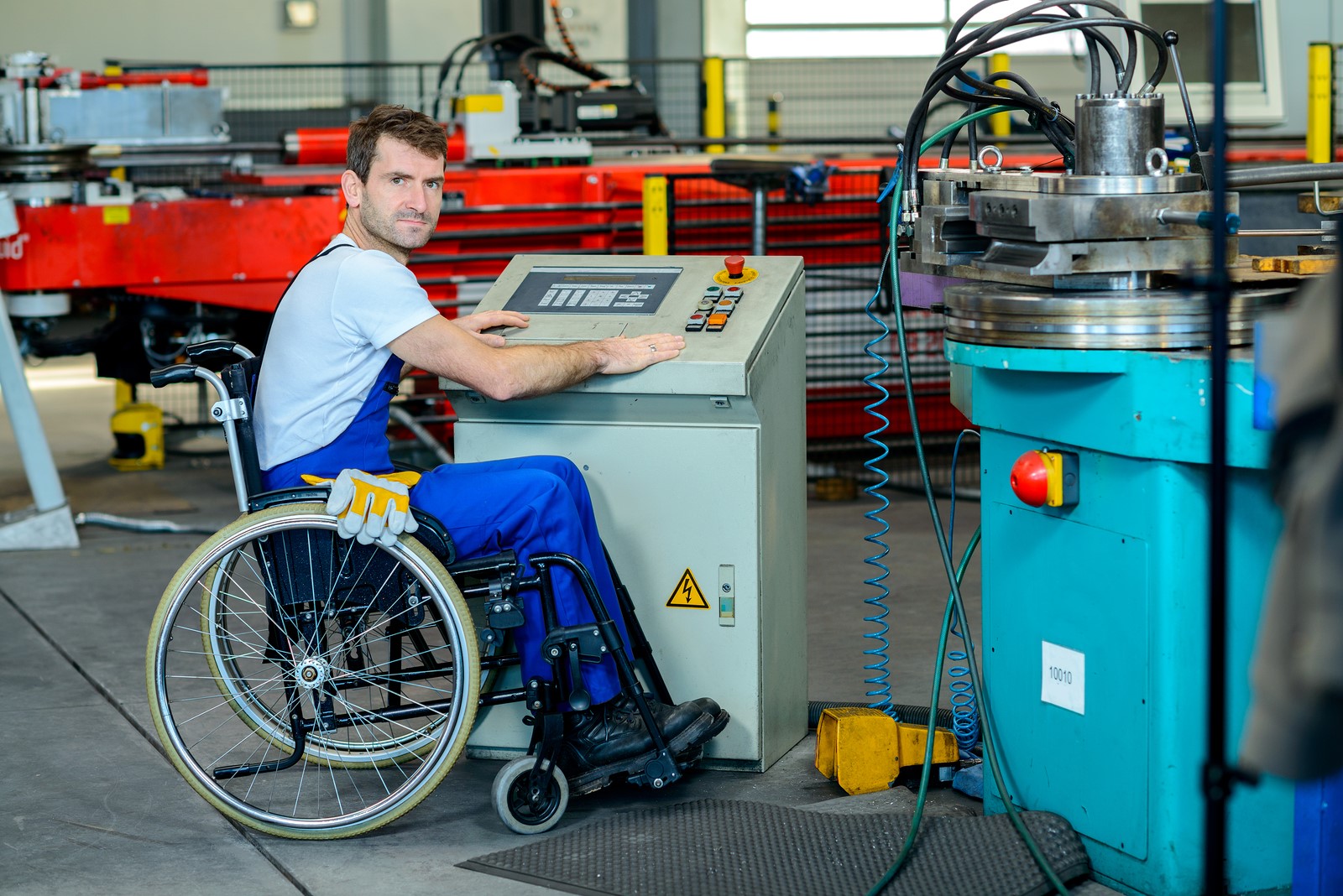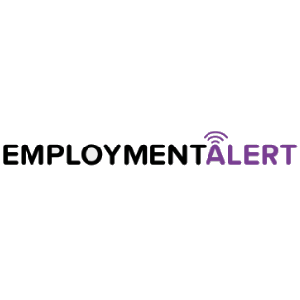 Job searching can be difficult. Many job seekers face roadblocks along the way, such as lack of skills for a job, trouble getting their resume through applicant tracking systems, lack of references or a hard to explain gap in their resume. For disabled job seekers, the job search can be even more challenging. First, you need to find a job that you can do with the physical and/or cognitive limitations you are facing. Then, you must figure out how to prove your capabilities to hiring managers. As of 2015, the unemployment rate for disabled job seekers was 10.7%, according to the Bureau of Labor Statistics. This is more than double the current overall unemployment rate.
Job searching can be difficult. Many job seekers face roadblocks along the way, such as lack of skills for a job, trouble getting their resume through applicant tracking systems, lack of references or a hard to explain gap in their resume. For disabled job seekers, the job search can be even more challenging. First, you need to find a job that you can do with the physical and/or cognitive limitations you are facing. Then, you must figure out how to prove your capabilities to hiring managers. As of 2015, the unemployment rate for disabled job seekers was 10.7%, according to the Bureau of Labor Statistics. This is more than double the current overall unemployment rate.
There are so many jobs that people with disabilities can do, and many companies out there that hire disabled people. Disabled job seekers are also highly protected under the Americans with Disabilities Act, which “prohibits discrimination against people with disabilities in employment, transportation, public accommodations and governmental activities.” But this doesn’t always prevent potential employers from having concerns and making assumptions. The disabled deserve not only jobs they enjoy and excel at, but they also deserve to find a job that won’t cause them excessive stress or discomfort due to their disability. Here are some tips for disabled job seekers:
1) Decide whether it’s necessary to disclose that you are disabled
If and when disabled job seekers should disclose their disability to a potential employer depends on several factors. First, decide whether the disability will affect your ability to do the job, or will require special accommodations such as wheelchair access or speech recognition software. If this is the case, it’s usually best to let the hiring manager know early on in the interview process. If you have a noticeable disability that won’t interfere with your ability to do the job, it’s usually best to address it and quell any concerns that the hiring manager may have early on as well. Otherwise, disabled job seekers aren’t required to inform the hiring manager of their condition.
If you do decide to disclose the fact that you are disabled, you won’t be required to give the hiring manager your medical history. And to avoid any possible judgements or concerns that could hurt your chances of landing an interview, it’s usually best to leave your disability out of your resume and cover letter. Wait until you are face to face with a hiring manager to discuss why regardless of your disability, you are perfectly qualified to do the job.
2) Focus on Your Skills, and Give Examples of Them in Action
Disabled job seekers shouldn’t make their limitations the main focus of the interview. In any interview, the main point is to demonstrate that you can perform the job effectively. Make sure you thoroughly discuss your skills and accomplishments. Give examples of situations from past jobs where you demonstrated your skills in a positive way. If you’ve never had a job use examples from volunteer work or education. Show that despite the challenges you are facing due to your disability, you have been able to persevere. The fact that you have been able to overcome obstacles related to your disability is a quality many employers would value.
When you discuss the accommodations you may need, mention them in a way that shows how much the potential employer will receive in return. For example, in an interview for a sales job, a disabled job seeker could say “I can greatly increase your current client base, and all I would need is a few transportation accommodations.”
3) Utilize the many resources out there for disabled job seekers
To become more informed about the specific ways in which American with Disabilities Act protects you, check out the US Department of Labor’s website. Disability.gov offers more government resources that help the disabled with employment. For more helpful tips for disabled job seekers on topics such as workplace accommodations, check out the Job Accommodation Network. To find training programs geared towards helping people with disabilities gain skills for the workforce, check out the Americans with Disabilities Act National Network.
4) Target companies that hire disabled people
There are many companies out there that are passionate about hiring disabled job seekers, and help promote the cause. DiversityInc.com highlights ten large companies that hire people with disabilities. Included in the list are Prudential Financial, IBM and AT&T. These companies recognize the value of workers with disabilities, they offer flexible work options to accommodate workers with disabilities, and they see to it that the disabled are given the same opportunities for advancement as any other worker.
Author: Jessica Cody
Jessica Cody, a native of Fairfield County, Connecticut, has a background in online marketing and public relations. Currently, she works at VHMNetwork LLC in the role of Marketing Analyst. She is a graduate of the University of Connecticut, where she studied Journalism and Political Science. She is also an avid runner with a passion for the outdoors.


